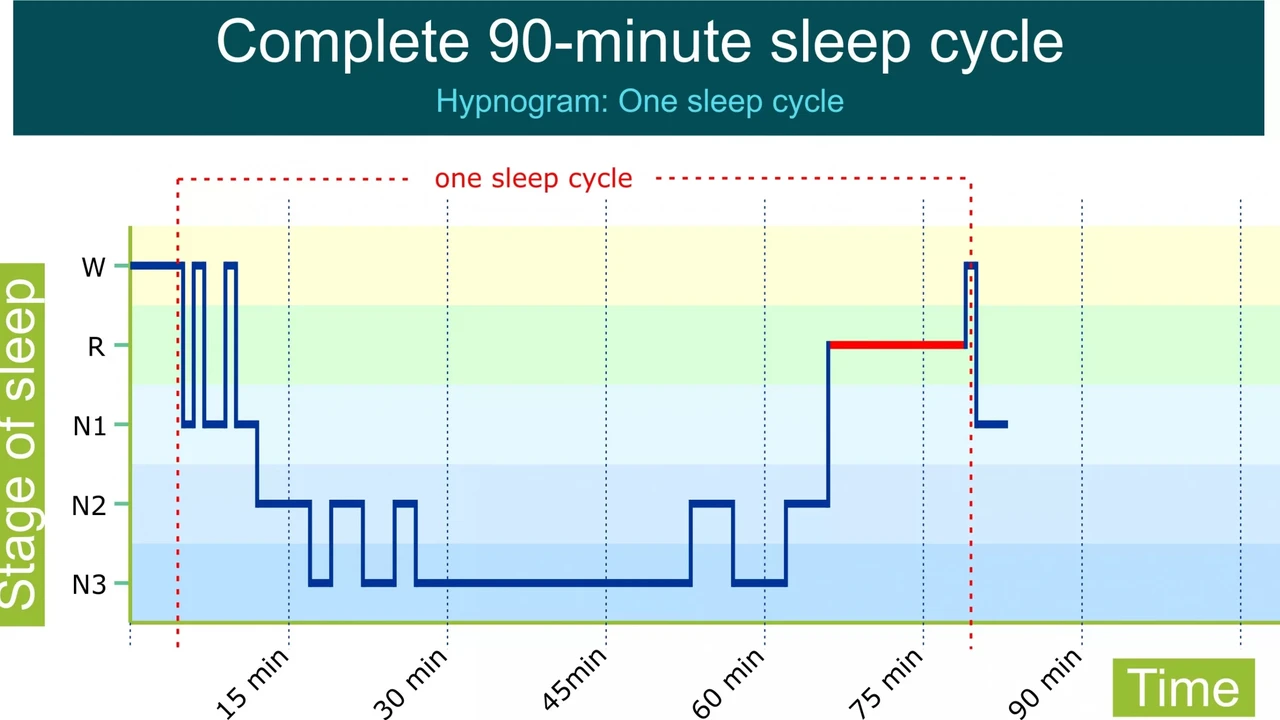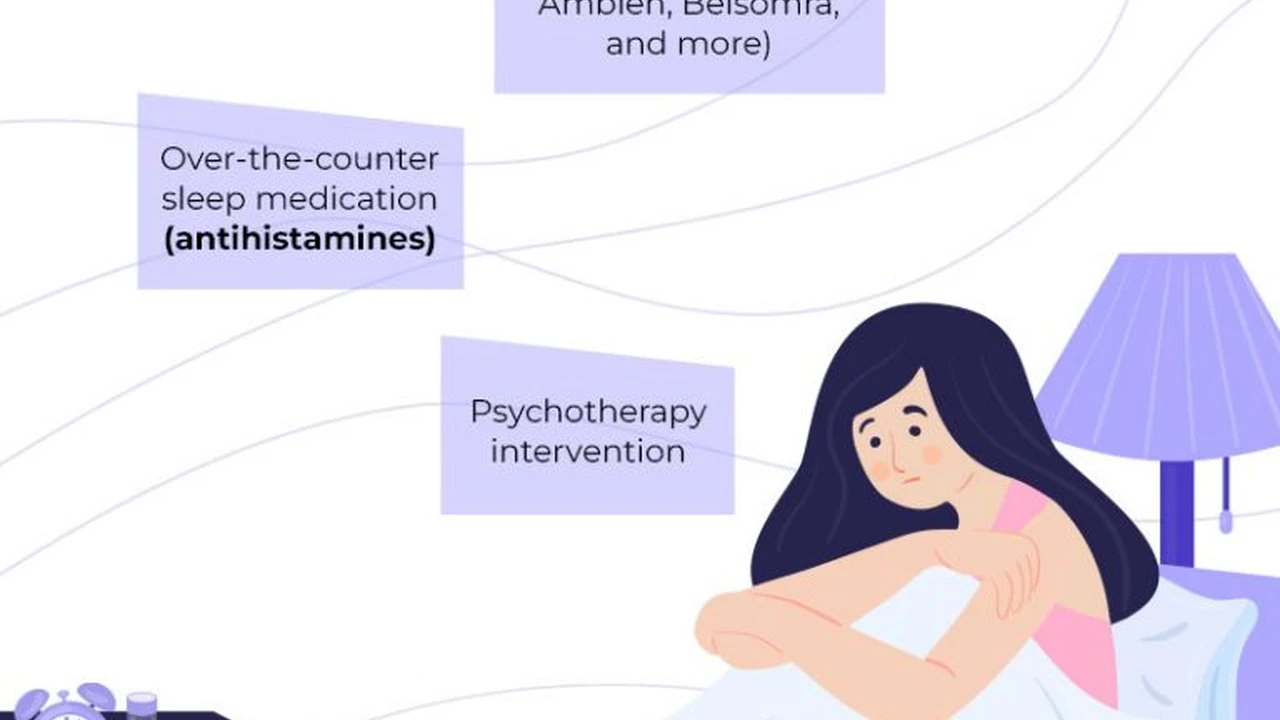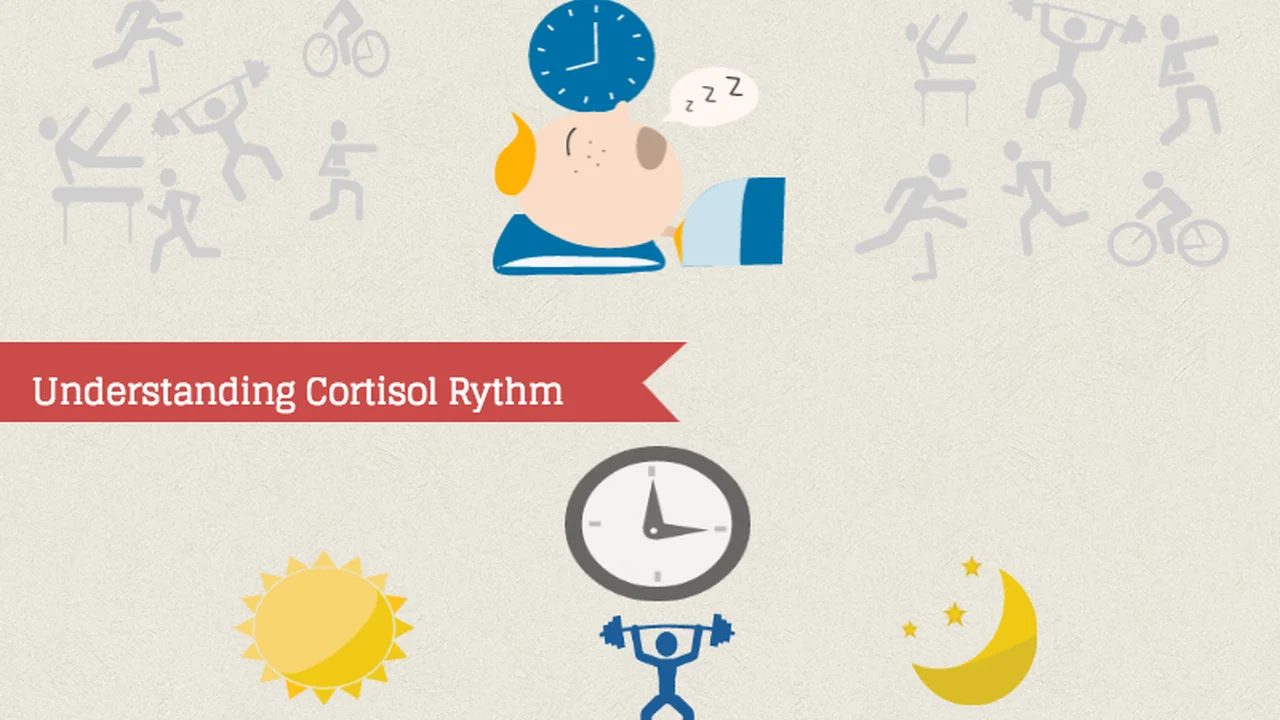Bruxism (Teeth Grinding): Causes and Treatments
Sample meta description.
: Causes and Treatments.webp)
Understanding Bruxism What is Teeth Grinding
Alright, let's talk about bruxism. Sounds fancy, right? But it's basically just teeth grinding or clenching your jaw. Most people do it occasionally, especially when stressed. But when it becomes a regular thing, especially at night, that's when it can cause some problems. We're talking headaches, jaw pain, damaged teeth – the whole shebang.
Causes of Bruxism Why Am I Grinding My Teeth
So, what's causing all this grinding? Well, there's no single answer, unfortunately. It's usually a mix of things. Stress and anxiety are big culprits. Think about it – when you're tense, your muscles tense up too. Your jaw is no exception. Sleep disorders like sleep apnea can also play a role. And sometimes, it's just your bite – if your teeth don't line up quite right, you might grind to try and find a comfortable position. Certain medications and even lifestyle choices like smoking and excessive caffeine or alcohol can also contribute.
Symptoms of Bruxism How Do I Know If I'm Grinding
Okay, how do you even know if you're grinding your teeth? Well, if you're doing it at night, you might not even realize it. But here are some telltale signs:
- Headaches: Especially dull, throbbing headaches in the morning.
- Jaw Pain: Soreness or stiffness in your jaw muscles, especially when you wake up.
- Tooth Sensitivity: Your teeth might be extra sensitive to hot or cold.
- Earache: Sometimes jaw pain can radiate to your ear.
- Chipped or Flattened Teeth: This is a big one. If your teeth are starting to look worn down, grinding is a likely culprit.
- Clicking or Popping Jaw: This could indicate temporomandibular joint (TMJ) disorder, which is often linked to bruxism.
- Your Partner Tells You: Sometimes the biggest clue comes from your bed partner who hears you grinding away all night!
Treatments for Bruxism How to Stop Teeth Grinding
Alright, so you think you're grinding your teeth. What can you do about it? Luckily, there are several options. The best approach depends on the cause and severity of your bruxism.
Mouth Guards Night Guards for Teeth Grinding Protection
One of the most common and effective treatments is a mouth guard, also called a night guard. This is a custom-fitted appliance that you wear while you sleep. It acts as a cushion between your upper and lower teeth, preventing them from grinding against each other. You can get them from your dentist, or you can buy over-the-counter versions. Let's break down the options:
- Custom-Fitted Mouth Guards (From Your Dentist): These are the gold standard. Your dentist takes an impression of your teeth and creates a guard that fits perfectly. They're the most comfortable and offer the best protection. They are generally the most expensive option, costing anywhere from $300 to $800 or more, depending on your location and insurance coverage. The advantage is that they are tailored specifically to your mouth, providing optimal comfort and effectiveness.
- Boil-and-Bite Mouth Guards (Over-the-Counter): These are more affordable options that you can buy at drugstores. You heat them up in hot water, then bite down on them to mold them to your teeth. They're not as comfortable or as durable as custom-fitted guards, but they're a good option if you're on a budget. Expect to pay around $20 to $50. Brands like SleepRight and DenTek offer good boil-and-bite options.
- Stock Mouth Guards (Over-the-Counter): These are pre-made mouth guards that come in a few different sizes. They're the cheapest option, but they're also the least comfortable and offer the least protection. They are generally not recommended for long-term use. You can find them for around $10 to $30.
Product Recommendations:
- Custom-Fitted: Ask your dentist for recommendations. They'll be able to assess your specific needs and recommend the best type of guard for you.
- Boil-and-Bite: The SleepRight Secure Comfort Dental Guard is a popular and well-reviewed option. It's designed to be comfortable and durable, and it's easy to mold to your teeth. It typically retails for around $30-$40. Usage Scenario: Ideal for nightly use to prevent teeth grinding and clenching. Best for those who want a customized fit without the high cost of a dental visit. Comparison: Compared to other boil-and-bite guards, the SleepRight offers a better fit and is less bulky.
- Boil-and-Bite Alternative: The DenTek Comfort-Fit Dental Guard is another good choice. It's a bit more flexible than the SleepRight, which some people find more comfortable. It also usually sells for around $25-$35. Usage Scenario: Suitable for occasional teeth grinding or clenching. Good for those who prefer a softer material. Comparison: While slightly less durable than SleepRight, the DenTek offers a more flexible and comfortable fit for some users.
Stress Management Techniques for Bruxism Relief
Since stress is often a major trigger for bruxism, managing your stress levels is crucial. Here are some techniques to try:
- Relaxation Techniques: Deep breathing exercises, meditation, yoga, and progressive muscle relaxation can all help to calm your mind and body.
- Regular Exercise: Physical activity is a great way to relieve stress and tension.
- Cognitive Behavioral Therapy (CBT): CBT can help you identify and change negative thought patterns that contribute to stress and anxiety.
- Limit Caffeine and Alcohol: These substances can interfere with sleep and make bruxism worse.
- Establish a Bedtime Routine: A relaxing bedtime routine can help you wind down before sleep. Try taking a warm bath, reading a book, or listening to calming music.
Muscle Relaxants and Medications for Severe Bruxism
In some cases, your doctor might prescribe muscle relaxants or other medications to help reduce jaw muscle tension. These are usually used as a short-term solution to manage severe bruxism. Talk to your doctor about the potential risks and side effects before taking any medication.
Biofeedback Therapy for Bruxism Control
Biofeedback is a technique that helps you become more aware of your body's responses, such as muscle tension. With biofeedback therapy, you can learn to control your jaw muscles and reduce grinding. A therapist will use sensors to monitor your muscle activity and provide you with feedback. This can help you learn to consciously relax your jaw muscles.
Botox Injections for Jaw Muscle Relaxation
Botox injections are sometimes used to treat severe bruxism. Botox works by paralyzing the muscles, which can reduce jaw muscle tension and grinding. The effects of Botox typically last for several months. This treatment is usually reserved for cases where other treatments have not been effective. The cost can vary significantly, generally ranging from $500 to $1500 per treatment session, depending on the number of units required and the location of the clinic.
Home Remedies for Bruxism Self-Care Tips
Besides the treatments mentioned above, there are also some things you can do at home to help manage your bruxism:
- Warm Compress: Apply a warm compress to your jaw muscles to help relax them.
- Massage: Gently massage your jaw muscles to relieve tension.
- Avoid Chewing Gum: Chewing gum can exacerbate bruxism.
- Avoid Hard Foods: Eating hard or chewy foods can put extra strain on your jaw muscles.
- Proper Sleep Hygiene: Make sure you're getting enough sleep and that your sleep environment is conducive to relaxation.
When to See a Doctor or Dentist for Bruxism
If you suspect you're grinding your teeth, it's a good idea to see your dentist. They can examine your teeth for signs of grinding and recommend the best treatment options. You should also see a doctor if you're experiencing severe jaw pain, headaches, or other symptoms that are interfering with your daily life.
Long-Term Effects of Untreated Bruxism Potential Complications
Ignoring bruxism can lead to some serious problems down the road. We're talking about:
- Tooth Damage: Grinding can wear down your teeth, leading to cracks, chips, and even tooth loss.
- TMJ Disorder: Bruxism can contribute to temporomandibular joint (TMJ) disorder, which can cause chronic jaw pain, clicking, and popping.
- Headaches and Facial Pain: Chronic grinding can lead to persistent headaches and facial pain.
- Sleep Disruption: Bruxism can disrupt your sleep, leading to fatigue and other health problems.
Preventing Bruxism Tips for a Grin-Free Night
While you can't always prevent bruxism, there are some things you can do to reduce your risk:
- Manage Stress: As mentioned earlier, stress is a major trigger for bruxism. Find healthy ways to manage your stress levels.
- Avoid Caffeine and Alcohol Before Bed: These substances can interfere with sleep and make bruxism worse.
- Establish a Regular Sleep Schedule: Going to bed and waking up at the same time each day can help regulate your body's natural sleep-wake cycle.
- Relax Your Jaw Before Bed: Do some gentle jaw exercises to relax your muscles before you go to sleep.
:max_bytes(150000):strip_icc()/277019-baked-pork-chops-with-cream-of-mushroom-soup-DDMFS-beauty-4x3-BG-7505-5762b731cf30447d9cbbbbbf387beafa.jpg)






